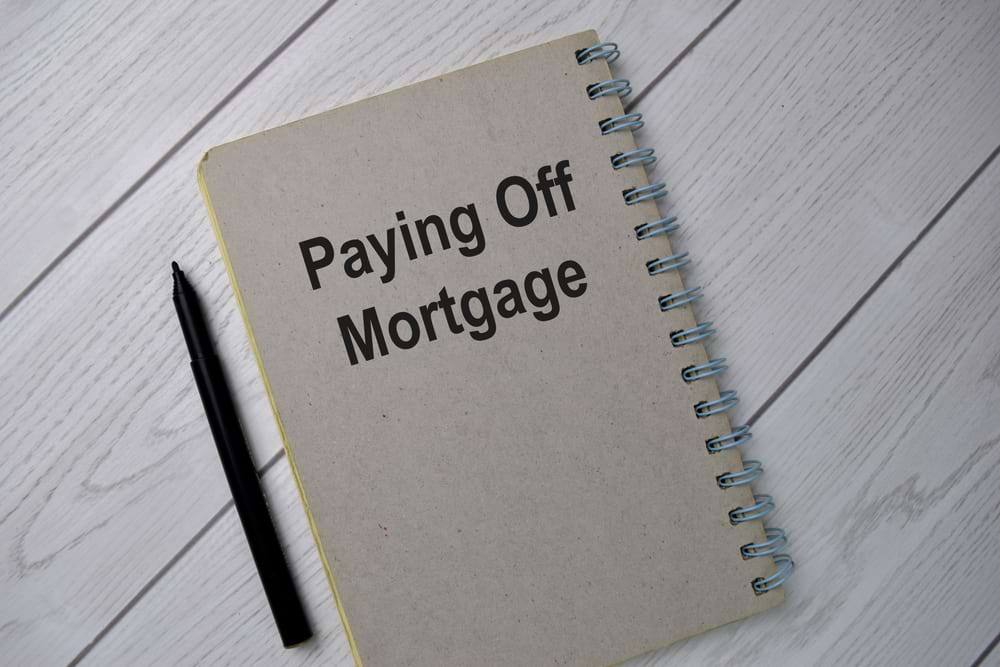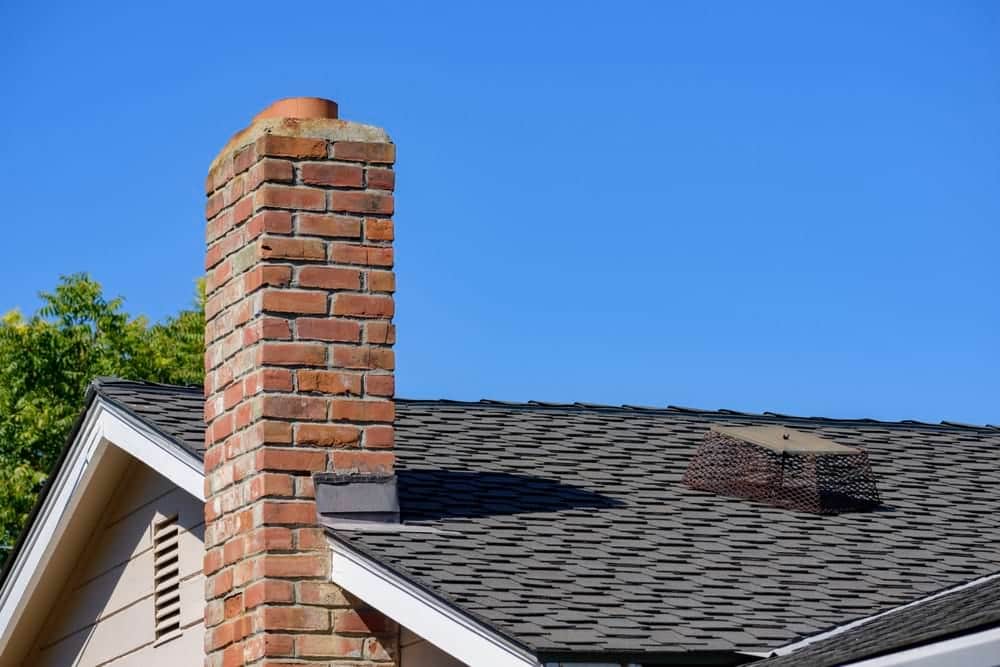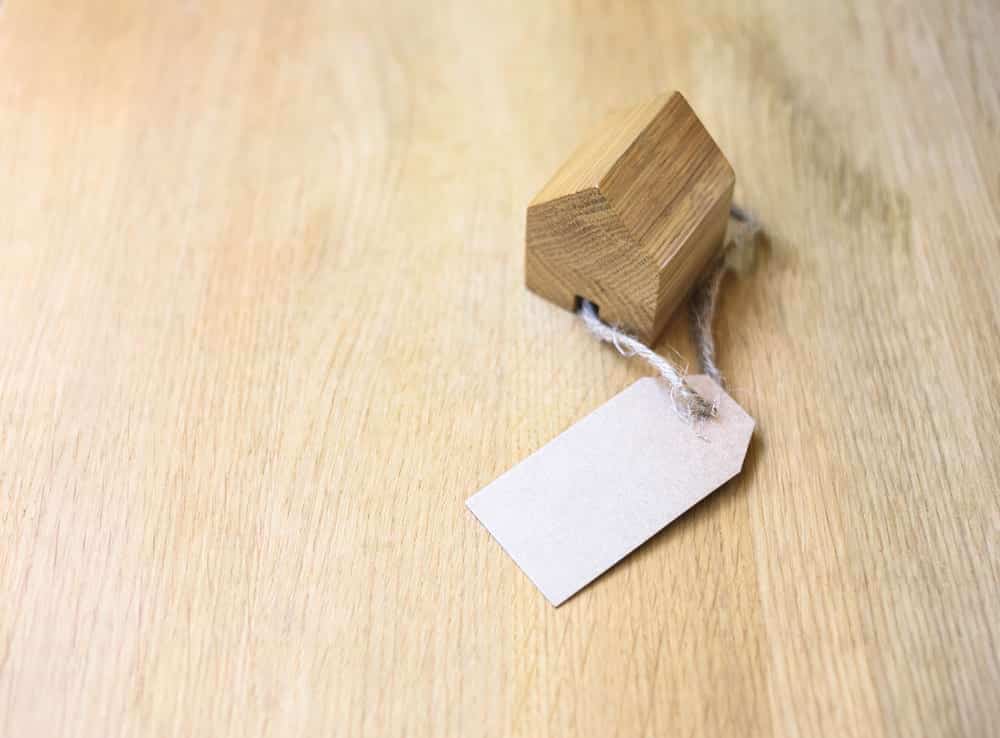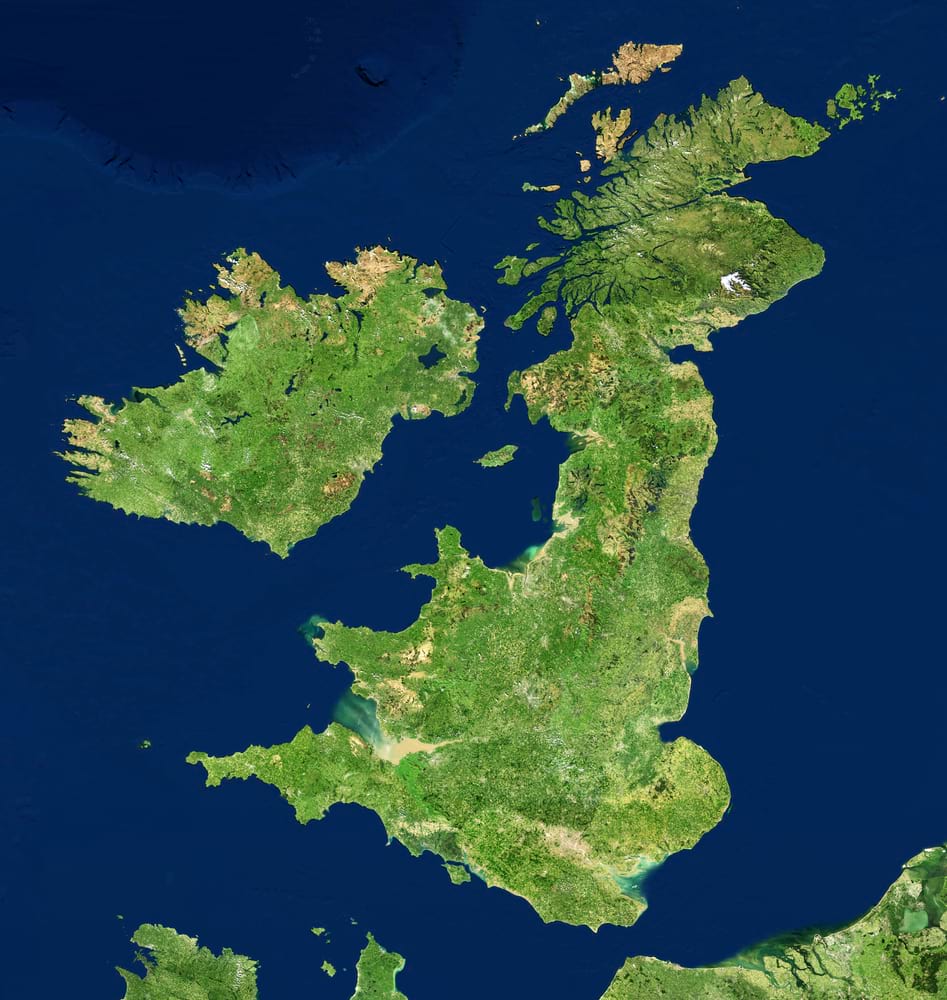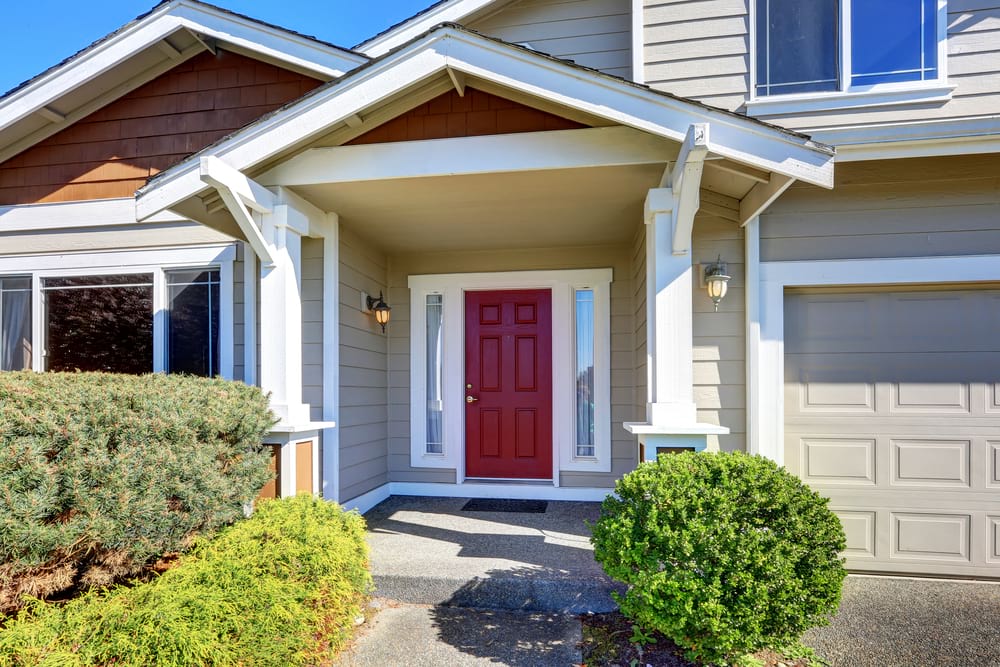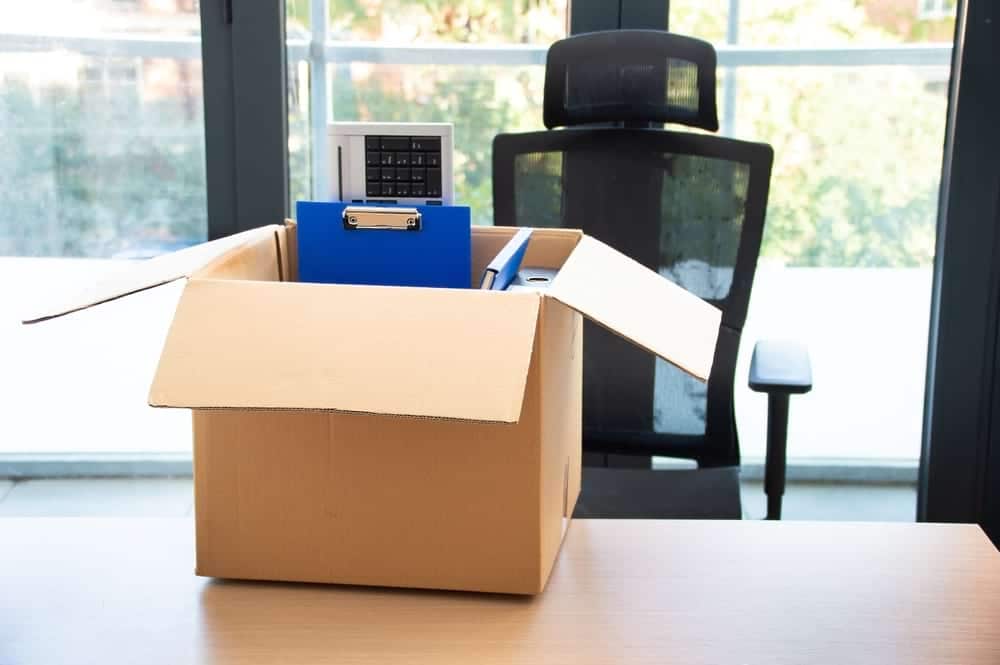The term ‘chain-free’ is frequently used in the property industry.
But what is a chain-free property? And are there advantages to buying and selling them?
Read on to learn more.
What is a chain-free property?
A chain-free property is a property owned by an individual or organisation that does not need the funds from a property sale to move.
Sales involving chain-free properties have a relatively low chance of collapsing.
This is primarily because the owner is not dependent on other people or circumstances. Fewer things can go wrong.
Chain-free properties are rare and sought-after
Most properties sold are not chain-free. They are part of property chains where buyers and sellers rely on other sales to complete their own.
These property sales often collapse.
So, finding a chain-free seller is valuable. Some buyers even search for chain-free houses (we have provided more information below).
What conditions create chain-free property?
Chain-free property owners have large funds at their disposal.
How they came to have these funds at their disposal varies. Below are a few examples.
Seller moved into rented accommodation
This is a common way for someone to become a chain-free seller.
It could be a temporary measure taken whilst they search for a new property with the funds from their sale.
Seller is living with family or friends
Sellers can be chain-free by living with family members.
They might do this to avoid or reduce their rent significantly in preparation for their next property purchase.
Or perhaps personal circumstances, such as break-ups or divorce, led them to it.
Seller inherited property via probate
Someone might have a chain-free property because they have inherited it via probate.
This means the property is empty, and the seller is ready to sell it whenever needed.
Seller lives abroad
Sellers living or due to move abroad are often chain-free. Unlike sellers residing in the UK, they don’t live in the property they sell.
Seller lives in a second home
The same applies to sellers moving into second homes.
Seller is selling a landlord
Sellers of buy-to-let properties usually live elsewhere.
They might be selling their property to leave the buy-to-let industry or to buy a separate property elsewhere.
How common are chain-free properties?
Figures from a recent calendar year show that one in five (21%) available properties on Rightmove are now chain-free.
Some experts argue that this shows the rise in corporate ownership of properties.
A common reason a property is chain-free is because a bank repossesses it. A company will then sell it on their behalf with no onward chain.
Second homes tend to be chain-free. The owner might sell it because maintaining a second house is no longer worth the hassle.
New build houses are often chain-free as well. Developers fund the construction of these properties up-front.
You may find chain-free properties when the owner is moving into care.
In this instance, the owner’s family may assist with the sale. If none of them want to live there, the house becomes chain-free.
Advantages of chain-free property
Less pressure
Chain-free properties are less stressful to buy and sell than ones in property chains.
Sellers have no (or less) external pressures to sell quickly. This means they feel less pressure to sell quickly.
This, in turn, gives buyers more time to organise their own property sales and finances.
Higher sale price
Chain-free properties often sell for more.
Sellers are less likely to accept lower offers.
And deals are also less likely to collapse. Many buyers will pay a premium for this.
Faster sales
Chain-free house sales tend to comple quicker.
You are not waiting for other people in the chain to sort themselves out. And there are fewer potential components that can go wrong.
Simpler sales
The deal is more straightforward, and it is easier to monitor everything that’s happening.
Disadvantages of a chain-free property
There are no significant disadvantages to selling a house with no onward chain.
However, there are drawbacks for buyers to consider. These are dependent on the circumstances around the sale.
For example, with fewer chain-free houses on the market, sellers have more negotiating power. This results in buyers sometimes being overcharged.
How to find a chain-free property
You can find a chain-free house through several different methods.
Search online
Firstly, many properties are listed on Rightmove and Zoopla as ‘no onward chain’.
This means that the house is chain-free. Users can use a search function to show only these properties.
Ask your estate agent
You can ask your estate agent to direct you towards chain-free houses. They should have a list of properties in the area that meet this criteria.
If you are interested in a new build property, then this is a great way to find a chain-free house. These deals can often be completed quickly.
Contact property developers
Major developments in your area might be well-publicised. Contact their salespeople and visit the housing estate in person to see if you’d like to live there.
Look for retirement homes
Retirement homes are often sold without a chain. If the previous owner has been moved into care, or has passed away, family members might be selling it without time constraints.
Go to an auction
Lastly, most properties listed at auction are chain-free.
You should ask a local company to give you a brochure of all the houses that will be auctioned soon.
Visit the property in person and see if you like it. There might be work needed to bring it up to scratch.
What causes a chain-free sale to collapse?
Chain-free deals are more likely to succeed.
But this isn’t always the case…
Survey issues appear
If a property survey reveals an issue with the house, the buyer may back out or try to renegotiate the price.
Change of mind
Sellers might also change their mind. This could be due to a change in personal or financial circumstances.
Gazumping
Gazumping is another cause of collapsed sales. This is when the seller receives a higher offer at the last minute.
If the larger figure sounds attractive, they might turn you away in favour of the new buyer.
Buyer funding issues
Any issues on the buyer’s end can cause the deal to fall apart. For example, if they cannot get a mortgage from the bank, this will be a problem.
Sell your property fast with We Buy Any Home
We Buy Any Home are chain-free cash property buyers. We can purchase your property up-front and quickly, without hassle or stress.
We offer the perfect opportunity for you to sell a house quickly.
Fill in our enquiry form below if you want a cash offer for your house.

